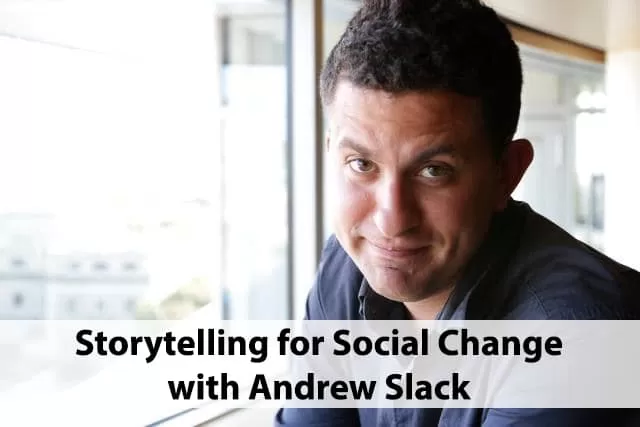Island Creek Farm with Holly Brown

My guest for this episode is Holly Brown of Island Creek Farm, a small permaculture farm located in Huddleston, Virginia.
Holly and I sat down at her home on a mild day in October to talk about her origins as a farmer and what it is like to run a permaculture-based farm on imperfect farmland in western Virginia complete with heat and humidity during the summer and the occasional hard freeze in the winter. On less than one acre farmed organically the farm supported herself and two interns financially, while keeping three restaurants stocked with vegetables, provided fifteen CSA shares, and also fed herself, those interns, and her extended family. She even had enough left over to give to local food pantries. She accomplishes all of this while married with two children, and without the use of insecticides, herbicides, or any tilling. I learned all of this in our time together recording the interview and while we ate lunch and spent several hours walking around her farm. That time together was incredibly inspirational to me and gave me a better understanding of what we can accomplish with the right systems and support.
My time with Holly really stuck with me, even now several months later, because this was the first time I saw a farm that was integrated and operating in a way that I would want to run a farm when consider creating my own permaculture demonstration site. Her farm showed the possibilities I read about in books like Peter Bane’s The Permaculture Handbook, while remaining true to her own ideals.
Holly invited me into the home she shares with her husband and two children, a modest place compared to most of the houses I’ve seen in America, more reminiscent of the ideas you’ll find in the books by Lloyd Kahn or Patricia Foreman, though not quite that small. In the time after the interview she and I shared lunch together, a curry consisting of on-farm vegetables with yogurt she made from local raw milk and a salad containing something like 12 different kinds of lettuces. We then walked around and she showed me her successes and failures, including two different gothic arch greenhouse frames, one of which was strong and supportive that Holly demonstrated by doing a pull-up on, and another that wavered in the wind a bit.
If anything, visiting Holly gave me hope that we can build productive permaculture farms that feed people. That we can use little urban, suburban, and rural spaces to grow the food necessary, in an ecologically responsible manner, that can make a real difference.
Are there any farms like Island Creek I should visit to bring back more working examples of permaculture in the world? If you know of any, leave a comment below.
As long as I am able I will be here to assist you on your permaculture path so please reach out to me if there is anything I can do for you.
Email: The Permaculture Podcast
Or Write:
The Permaculture Podcast
The Permaculture Podcast
Until the next time, tend to a little piece of land, grow some of your own food, and take care of Earth, your self, and each other.







